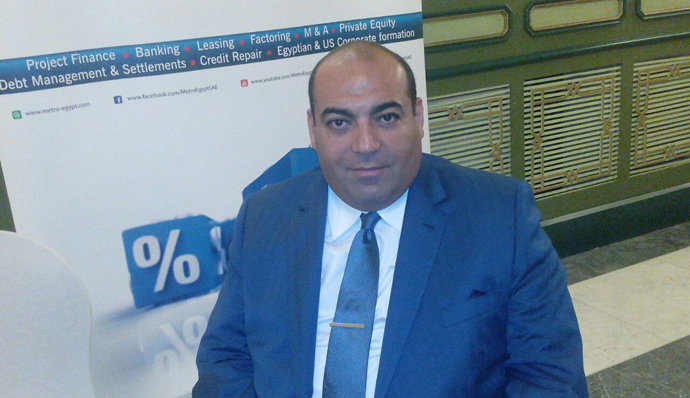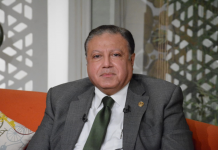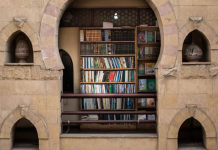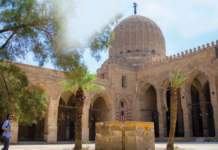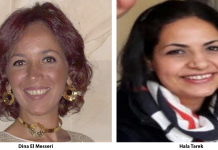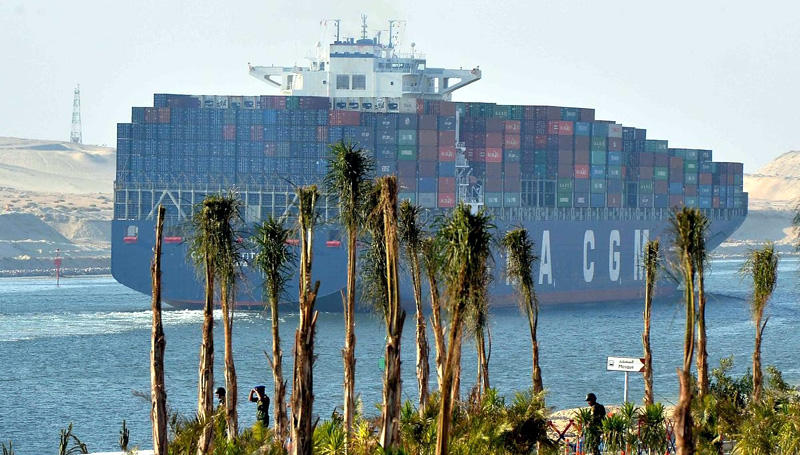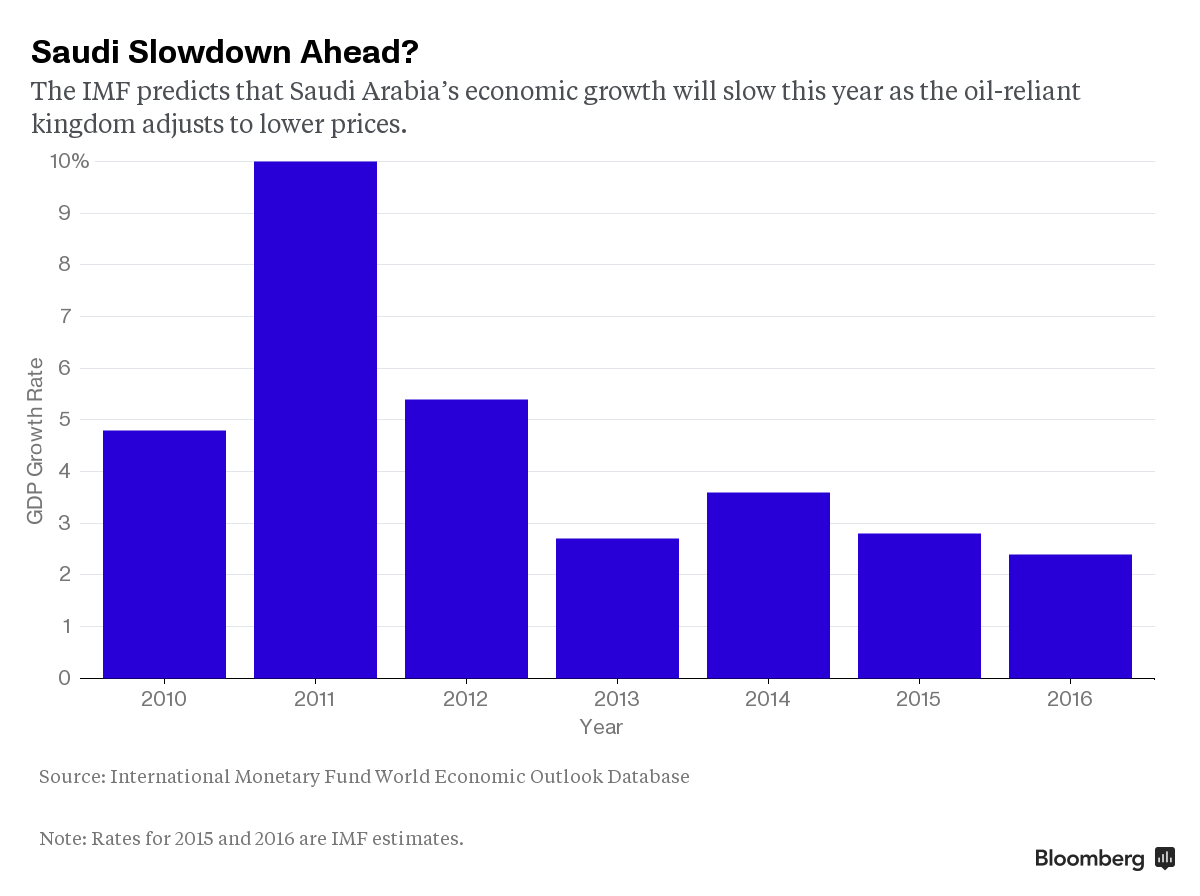Metropolitan Egypt provides funds worth of EGP1b at the end of 2017
We manage acquisitions of tourism companies from London, Dubai, South Africa and Egypt
We finance both contracting & mills companies worth of EGP 58m
Metropolitan Egypt offers its shares in Al-Nile stock market before the end of this year
By Mahmoud Hammad
Dr. Khalid Nagati, , said the firm has a plan from June 2016 till the end of 2017, which means a plan for one year and half as its finances worth of more than EGP1b. He explained, in an interview with MEO, that Metropolitan Egypt is managing 3 acquisitions of tourism companies as there are 3 companies from London, Dubai and South Africa want to acquire 3 Egyptian companies. South Africa’s company acquisition is valued at EGP100m and London’s company acquisition is EGP80m; while Dubai’s company acquisition was not specified under a specific number. We are still in the beginning of negotiations and South Africa’s company acquisition will be done in 3 months.
Can you tell us about Metropolitan Egypt? 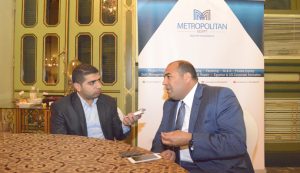
Metropolitan Consulting (S.A.E.) was established in 2010 in order to present a variety of financial & credit advisory services. The stakeholders’ and management structures changed in 2016 and the firm’s name changed to Metropolitan Egypt for financial and credit consulting. The firm provides several financial services; the most important of these services is providing the needed funds for customer. We have two divisions of the credit department, small and medium-sized projects division and megaprojects divisions. Our duty is to present a finalized folder about financial and credit studies which includes any requirement needed by financial institutions, either information, financial analysis or others. In addition, 60 per cent of the firm’s work involves small and medium-sized projects; the rest goes for megaprojects. We target opening 4 new local branches with the beginning of this September in Mansoura, Upper Egypt and Alexandria. We have a branch in Johannesburg, South Africa which delivers the same services.
Can you tell us about the firm’s stakeholders’ structure?
All the firm’s stakeholders are Egyptians; Metropolitan Egypt’s ownership structure includes: Khalid Nagati who own 65 per cent, Safwat Darwish who owns 35 per cent and others own 5 per cent.
How many funds have Metropolitan Egypt provided?
We provide funds that exceeded the value of EGP1b during 2013 for megaprojects, small and medium- sized projects. We have a plan starting from June 2016 till the end of 2017; we have already started implementing the plan and we have customers.
The firm has a strong network of investors in the acquisitions sphere around the world, London, America, Dubai, Saudi Arabia, Kuwait and South Africa.
Do you manage any acquisitions at the moment?
Metropolitan Egypt is managing three acquisitions of tourism companies which have signed contracts with the company; three companies from London, Dubai and South Africa want to acquire three Egyptian companies. South Africa’s company acquisition is valued at EGP100m and London’s company acquisition is EGP80m; while Dubai’s company acquisition was not specified under a specific number. We are still in the beginning of negotiations and South Africa’s company acquisition will be done in 3 months.
What about the amount of funds provided to other big companies?
We are working on providing funds of two big companies; the first is in the contracting sector. It is financed with EGP30m and we are about to complete the process of financing it. The second company is operating in the mills sector; we finance it at value of Egp28m and we are going to complete its financing process in one month and half.
Metropolitan Egypt was financing big companies in the last periods such as Detac Construction & Trading Co. with an amount over than EGP100m, along with other companies before the revolution.
Are you planning to offer the firm’s shares in the Egyptian stock market?
We are planning to offer the firm’s stocks in Al-Nile stock market before the end of this year; this will enable us to be the first consultancy firm to participate in Al-Nile stock market. First Financial Consultancy is finalizing Metropolitan Egypt shares’ value. We are comparing between some offers to choose an advisor.
What do you think of stock market as a tool to finance small-sized projects?
Stock market is a successful financing tool for small and medium-sized projects; however, it is important to increase the awareness of companies regarding stock market. Many owners of successful small and medium-sized projects are not aware of Al-Nile stock market importance. The Egyptian stock market does not publicize nor market Al-Nile stock market as should be.
Does the government provide adequate support to small and medium-sized projects?
Yes, the government has started doing that, starting with Egypt Central Bank’s definition of small and medium-sized projects, and moving to agriculture and industrial sectors’ initiatives. Though, supporting small and medium-sized projects is not achieved through defining interest rate only, there has to be a focus on finance conditions and requirements. What is more important is to provide these projects with funds as the real hard task lies within financing; it will not be impossible for these projects’ owners to pay an interest rate of 10 or 15 per cent.
We have to innovate a new mechanism of financing small and medium-sized projects. It is not fair to deal with these projects in a similar way to megaprojects, an example of injustice here is asking for guarantees and budgets for three years and others. Small and medium-sized projects have to be dealt with as partners by financing entities or banks. As long as banks view these projects as a business opportunity, these projects will not develop.
Small and medium-sized projects will not develop unless a public agency for small and medium-sized projects is established. This agency should hold the main responsibility for this sector and should be managed by the prime minister to prevent other ministries from quarrelling about it, either these are Ministries of Industry, Investment or Social Fund for Development. Thus, the head of this agency should be the prime minister and the board of directors should include ministers of finance, industry, investment and Social Fund for Development, in addition to two officials of Egyptian Financial Supervisory Authority and Egypt Central Bank.


